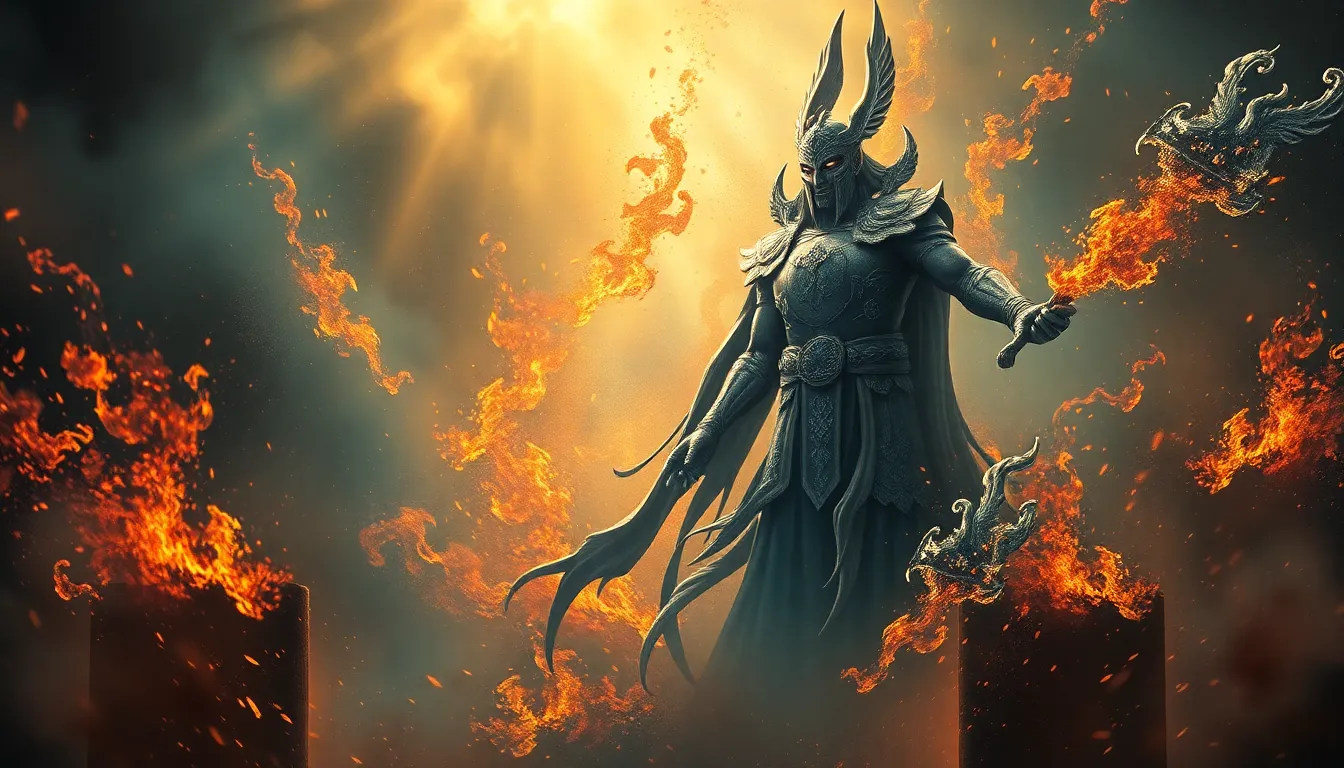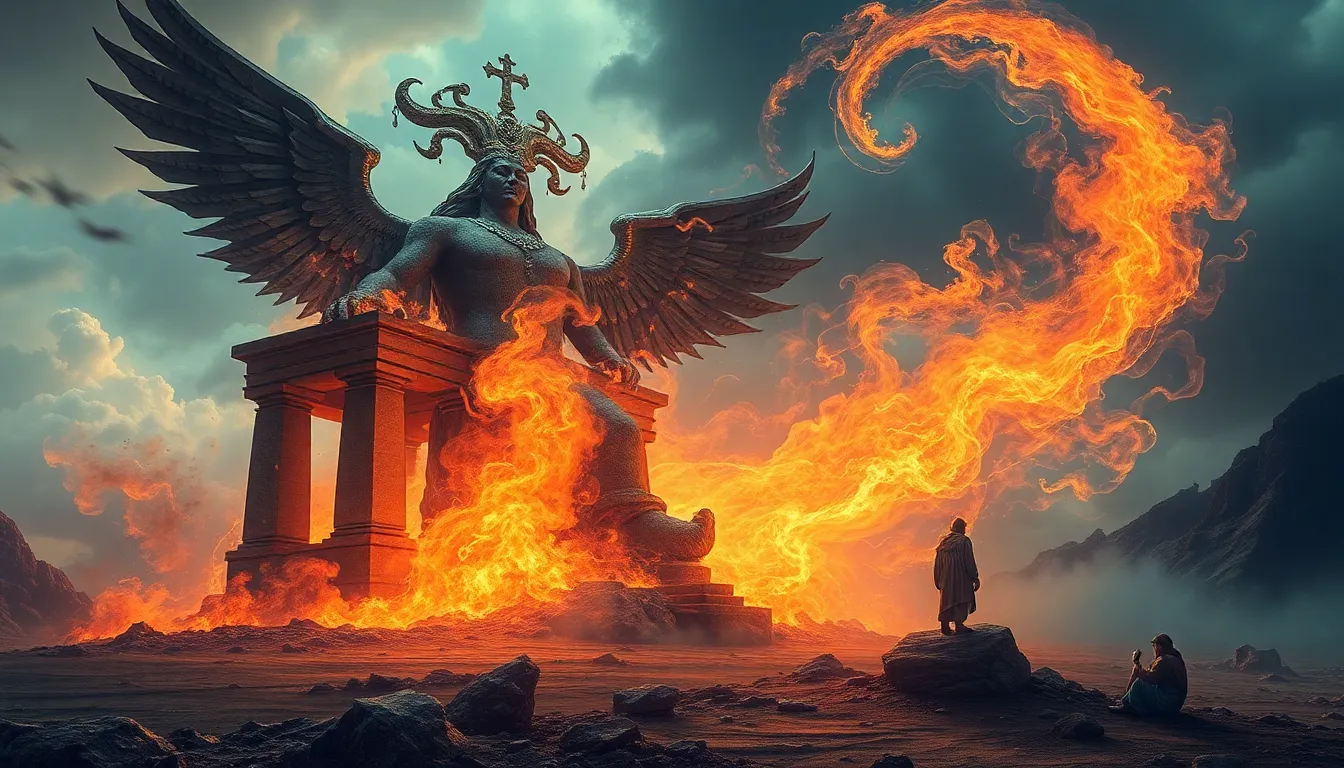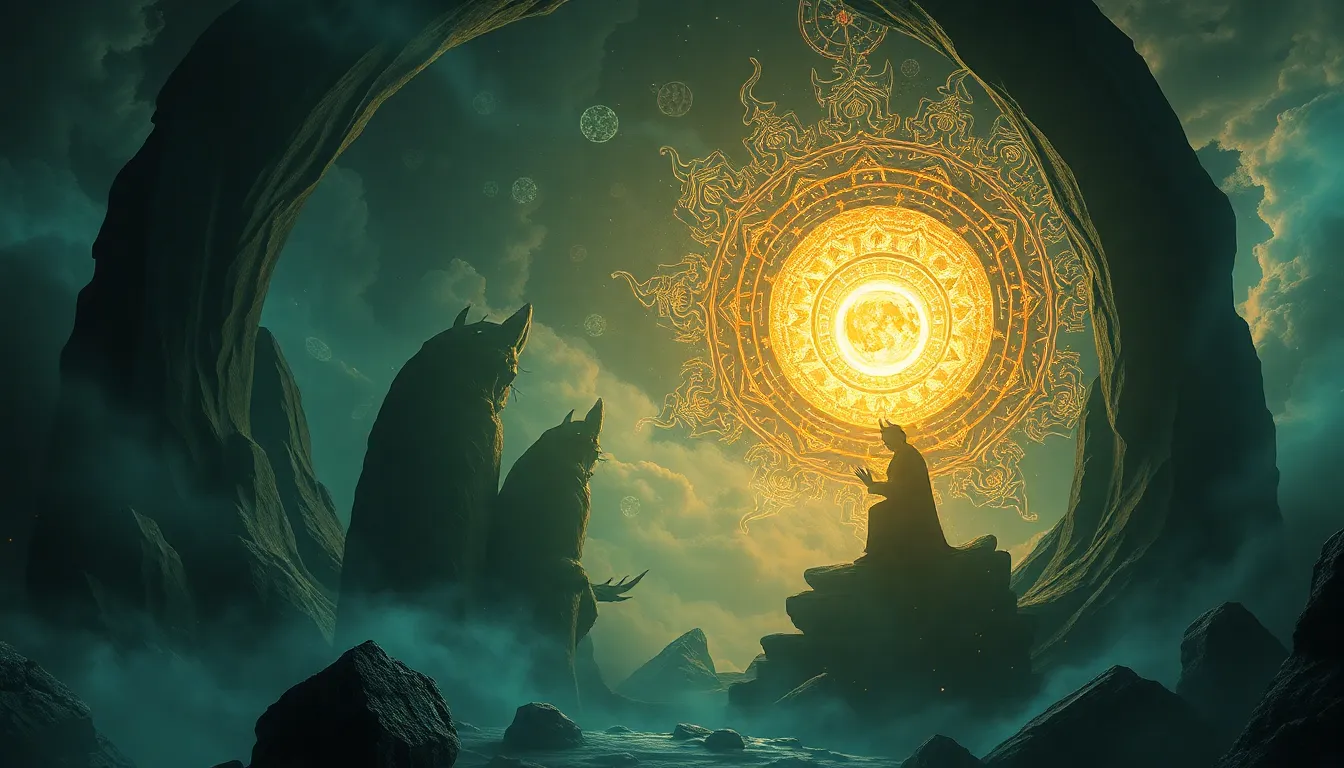The Mythical Dimensions of Cultural Heroes and Their Impact
1. Introduction to Cultural Heroes
Cultural heroes are individuals who embody the values, ideals, and aspirations of a society. They often serve as symbols of hope, courage, and resilience, inspiring others through their actions and narratives. These figures can be historical, mythical, or fictional, yet all play a significant role in shaping cultural identity and collective memory. This article aims to explore the various dimensions of cultural heroes, their historical context, psychological impact, representation in modern media, and their influence on social change.
2. Historical Context of Cultural Heroes
The concept of heroes has evolved significantly throughout history. In ancient civilizations, heroes were often depicted as demi-gods or warriors, celebrated for their extraordinary feats and moral fortitude. For example:
- Hercules in Greek mythology, renowned for his strength and heroic deeds.
- King Arthur in British folklore, symbolizing chivalry and noble leadership.
- Guan Yu in Chinese culture, revered for his loyalty and righteousness.
These figures have shaped the modern understanding of cultural heroes, illustrating the values that societies hold dear. Over time, the definition of heroism has expanded to include those who challenge societal norms and advocate for justice, paving the way for new types of heroes.
3. The Archetypal Hero in Mythology
Joseph Campbell’s concept of the Hero’s Journey outlines a narrative structure that many cultural heroes follow. This model includes stages such as the call to adventure, crossing the threshold, and the return home. Common traits of these archetypal heroes include:
- A unique talent or ability
- A quest or mission
- Mentorship from a wise figure
- Trials and tribulations that lead to transformation
These elements resonate across various cultures, demonstrating the universal nature of heroism and its deep-rooted significance in human storytelling.
4. Cultural Heroes in Folklore and Mythology
Folklore is rich with stories of cultural heroes that reflect the values and beliefs of different societies. Here are a few notable examples:
- Anansi from West African folklore, a spider-man who embodies wit and wisdom.
- Beowulf, the epic hero of Anglo-Saxon literature, celebrated for his bravery in battling monsters.
- Quetzalcoatl in Aztec mythology, a feathered serpent associated with wisdom, life, and culture.
These heroes not only entertain but also serve as moral guides, teaching important lessons about courage, loyalty, and the human condition.
5. Psychological Dimensions of Cultural Heroes
Cultural heroes play a crucial role in individual and collective psychology. They serve as symbols of aspiration, embodying ideals that individuals strive to achieve. In times of crisis or uncertainty, heroes can provide:
- Inspiration to overcome challenges
- A sense of belonging and identity
- Guidance on moral dilemmas
By manifesting the qualities we admire, cultural heroes help shape our understanding of right and wrong, impacting societal norms and personal values.
6. Cultural Heroes in Modern Media
The representation of cultural heroes has transformed significantly in modern media. From literature to film and television, these figures now include a diverse range of characters, including superheroes. Traditionally celebrated heroes, such as Superman and Wonder Woman, embody ideals of justice and altruism, while contemporary narratives often present a more nuanced view of heroism.
Modern stories frequently depict:
- Anti-heroes who grapple with moral ambiguity
- Real-life heroes whose actions challenge the status quo
- Complex characters that reflect societal issues
This evolution highlights the changing landscape of heroism, adapting to contemporary values and beliefs.
7. The Impact of Cultural Heroes on Identity and Community
Cultural heroes significantly influence national and cultural identity. They often reflect shared values and aspirations, serving as a focal point for community pride and unity. For instance:
- Nelson Mandela is celebrated as a hero in South Africa for his fight against apartheid.
- Malala Yousafzai is recognized globally for her advocacy of girls’ education.
- Rosa Parks is remembered as a symbol of the civil rights movement in the United States.
These heroes foster collective memory, uniting communities around common ideals and reinforcing cultural narratives.
8. Critiques and Reinterpretations of Cultural Heroes
While cultural heroes are often celebrated, there are critiques regarding their limitations and the controversies surrounding them. Some issues include:
- The glorification of flawed individuals who may not represent true heroism.
- The neglect of marginalized voices and alternative narratives.
- The rise of anti-heroes challenges traditional notions of heroism.
This re-evaluation of heroism encourages a broader understanding of what it means to be a hero, incorporating diverse experiences and perspectives.
9. Cultural Heroes and Social Change
Cultural heroes have historically played pivotal roles in social movements, inspiring change and challenging injustices. Case studies include:
- Martin Luther King Jr.: His leadership in the civil rights movement advocated nonviolent resistance and equality.
- Malala Yousafzai: Her work in promoting education for girls has sparked global advocacy and social awareness.
- Greta Thunberg: As a young environmental activist, she has mobilized youth around the world to address climate change.
These individuals illustrate how cultural heroes can catalyze social change, urging societies to confront and rectify injustices.
10. Conclusion: The Enduring Legacy of Cultural Heroes
In conclusion, cultural heroes remain a vital part of our societal fabric, embodying ideals that inspire and unite us. They provide a lens through which we can explore our values, aspirations, and collective identity. As we reflect on the narratives of heroes throughout history and in modern contexts, it is clear that their impact is both profound and enduring. Moving forward, the potential for cultural heroes to influence future generations and advocate for meaningful change continues to resonate, ensuring their place in the ongoing human story.



